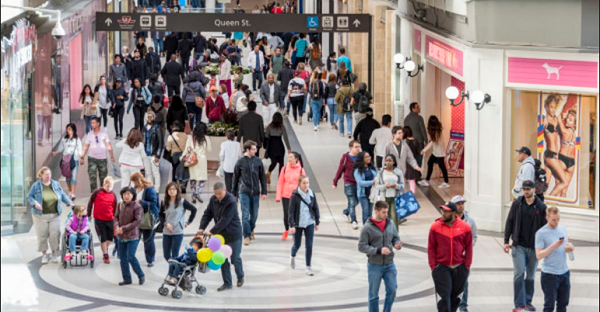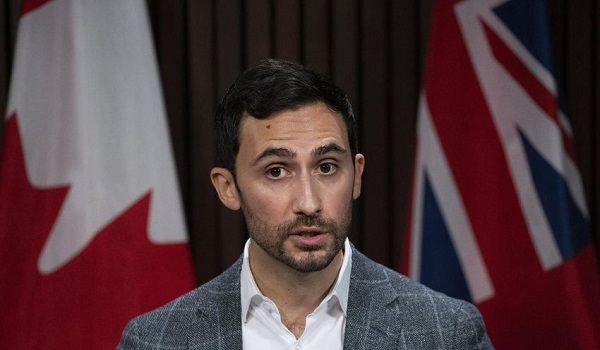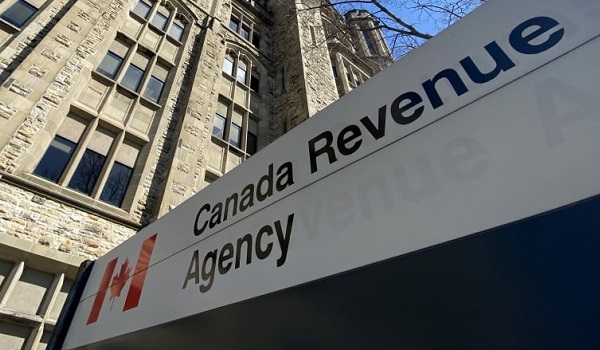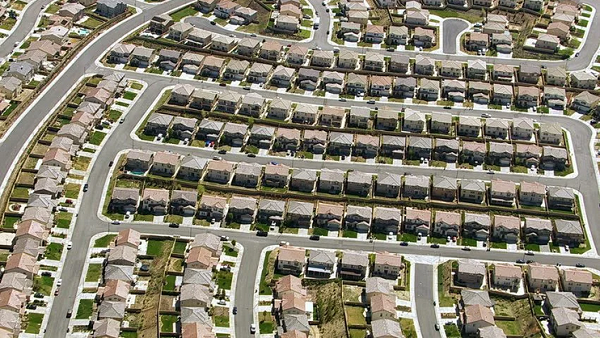Price-conscious Canadians still feeling the pinch of higher costs as spending goes higher in November amid Black Friday sales
Consumer spending ticked higher in November compared with recent months, even after adjusting for inflation, but consumption patterns still point to consumers losing confidence as they feel the pinch of high debt-servicing costs and grocery bills.
A Monday report by RBC showed that price-sensitive Canadians took advantage of Black Friday discounts ahead of the holidays, with spending increasing by seven per cent (from the evening of Black Friday through to Cyber Monday) compared with a year ago, according to the bank’s cardholder data.
Despite the uptick in spending, the data shows that consumer confidence remains weak, with fewer purchases of luxury goods like jewelry and electronics compared with previous Black Friday weekends. Meanwhile, Canadians spent more on necessities like clothes and gasoline throughout the month.
RBC economist Carrie Freestone, author of the report, said she expects overall consumer spending to decline again in December, with RBC forecasting that Canada is already experiencing a mild recession in the last quarter of the year.
“Most of our data suggests that Canadians were feeling the pinch prior to November,” she said in an interview.
“The bulk of holiday spending is concentrated in that particular month because of Black Friday deals. With that in mind … we are very much expecting that the data will tell us we’re in a recession right now,” she added.
Black Friday is known for its attractive deals on phones, tablets and TVs, conjuring images of shoppers lining up at Best Buy or Canadian Tire stores before sunrise. Prior to the pandemic, purchases of electronics made up 13 per cent of Black Friday weekend purchases, according to the report. Now, it’s only about 8.5 per cent.
Meanwhile, travel spending posted an increase last month compared with the actual number of people travelling, even after accounting for the fact that people tend to travel more during the holidays. Freestone attributes this rise to travellers snatching Black Friday deals for trips in the new year when the economy is expected to rebound, with economists forecasting the Bank of Canada will begin cutting rates around the summertime, she said.
The report also noted that restaurant spending was slightly higher in November, but overall spending on discretionary services has been slowing over the past few months.
Real gross domestic product fell by 0.3 per cent in the third quarter of 2023. If GDP continues to decline in the fourth quarter ending in December, it means the economy is in a technical recession.
Aside from weakening consumer confidence, rising unemployment and softer manufacturing activity all have been pointing to a recession, said Freestone.
“Consumption is starting to weaken pretty drastically — people are pulling away from discretionary spending, and instead focusing on essentials … November is a bit of a blip in the data,” she said.
This article was reported by The Star













